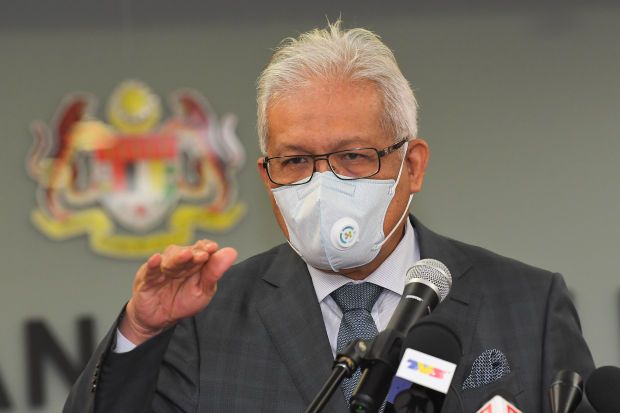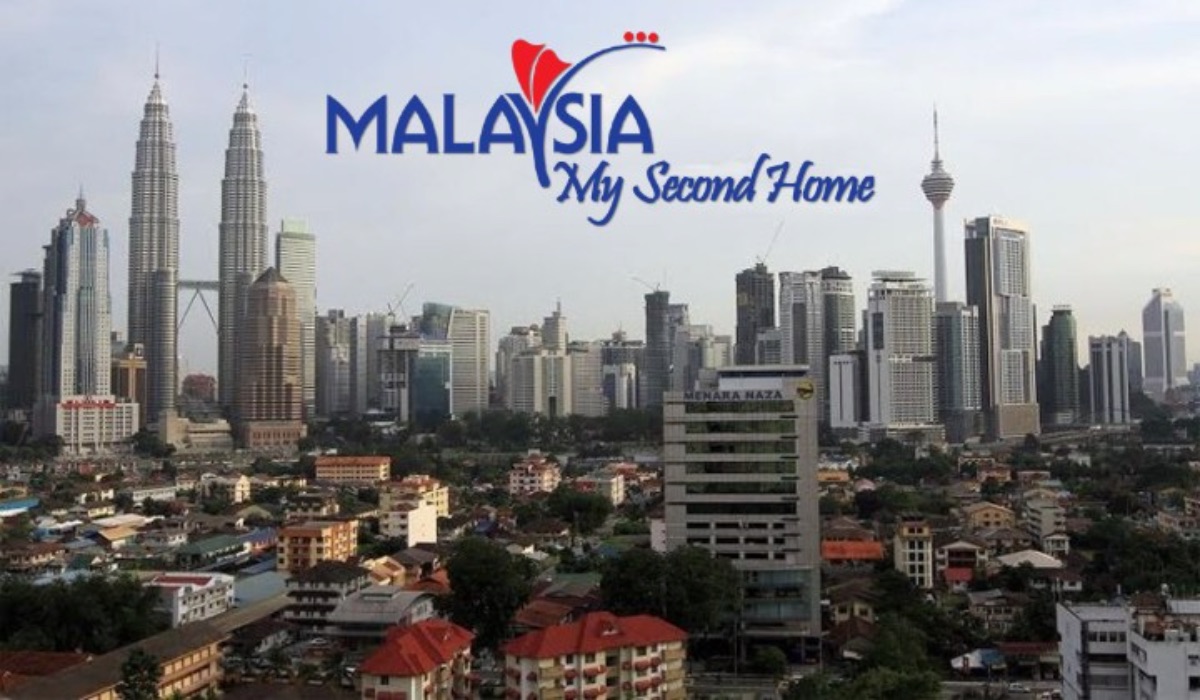Some are speculating that the lack of new guidelines on how to apply is another sign that some people in Malaysia’s government are eager to simply kill the programme altogether.
There were hundreds of people waiting to apply for the new MM2H programme after it was suspended. Cumulatively, they would have contributed billions of ringgit worth of foreign currency into the country. We would have thought this infusion of cash would be welcome as the country battles the economic impacts of the pandemic.
For reasons we still struggle to understand, some people in the new government clearly do not want them moving here. The small number of Malaysia My Second Home visa holders currently living here have already contributed billions of ringgit through their spending, and we have done the research to confirm this. There have also been the non-financial benefits of the programme, as well, throwing a positive light on Malaysia and helping various industry sectors, including property, education, and tourism.
The number of resident MM2Hers is very small, most likely less than 30,000, which when compared to the millions of migrant workers and few hundred thousand employment pass holders and dependents hardly registers, but apparently, they are no longer welcome, at least by some in government. The programme has been highlighted as a potential threat to national security, which we find hard to understand. No reasons have been given to explain or clarify the grave threat posed by MM2Hers.
Unlike tourists, who can enjoy easy access to Malaysia, MM2H applicants are put through fairly stringent security checks. They are usually older and want to be accepted as responsible residents. They are not making short visits to have as much fun as possible, so in that respect they should be much more welcome than tourists, although that is apparently not how the government views them. Our research shows the majority make more Malaysian friends than other expats, showing they integrate well in Malaysia, and this gives Malaysians a chance to better understand their cultures. We wonder if this is somehow seen as a threat, but given the many cultures that already exist in Malaysia, it seems hard to accept.
As regards the desire to attract ‘quality’ applicants, we are at a loss to see why the existing applicants are not considered to be quality people. The income requirement of the previous programme was RM10,000 a month, which puts the visa holders in the same income level as the top 20% of Malaysians. The income requirement ensures they can fully fund themselves without being a burden on the country. This qualification was already higher than many competitive programmes around the world, so why increase it by a multiple of four? Our research shows that 97% of the prospects we reached would no longer apply with the new terms. Some of them have speculated that the government’s aim is to kill off the programme. The very low level of interest in the revised programme would tend to support that theory.
Meanwhile, we hear of our former clients looking closely at competitive programmes as they make new decisions about their future lives. One retired chartered accountant who had actually sent us his application has already decided to pursue the new Thailand visa, which is aimed at business investors and retirees. We anticipate that Thailand will benefit at the expense of Malaysia, which is certainly unfortunate for this country.
It is a disappointing end to our nearly 20-year involvement with the MM2H programme. We enjoyed promoting the programme even more than other aspects of Malaysia because we thought it was real win-win. People loved moving here and were happy with their decision, and Malaysia benefited form their economic contribution and the positive image it created of the country. That has now changed. Many MM2Hers told us how often they shared their positive views of the country with friends and relatives and anyone else who would listen. Many other joined or even formed local charities and were happy to help less fortunate Malaysians.
Now we hear more and more people saying they are thinking for leaving and some have already asked us to cancel their visas. A major factor was the government’s stance that existing participants should follow the new rules. Even though the Home Ministry has now backed down from this, it seems to be with reluctance, and many participants tell us they were very upset at the government’s willingness to break their promise that any changes would not apply to existing visa holders.
The other point which has led to cancellations and plans to cancel is the government’s continuing poor treatment of MM2H visa holders wishing to come back into Malaysia. It was very upsetting for the hundreds of MM2Hers who were refused entry into the country while other visa holders were permitted to enter. In fact, some are still being refused entry. Those whose visas expired while they were locked out have been told they can only return when the borders are opened. Having taken up the country’s offer to retire to Malaysia, it’s quite a slap in the face to be told you cannot return to your home.
One cannot help wondering how people with much higher incomes will feel once they learn that Malaysia regards them as the lowest category of visa holders. During the pandemic, Malaysians were of course allowed back into the country because this is their home. Then, holders of all the other visa categories were allowed back – permanent residents, spouse visas, employment passes, dependents, and even maids of visa holders. However, MM2Hers were still denied entry. The fact they have their only homes here was not considered a valid reason to let them back in. We can only guess how the new ‘high quality’ ultra-wealthy applicants will view being treated like this.

These changes, and the way the MM2H programme has been handled over the past two years, have given the country a lot of negative publicity, and that is certainly sad for us to witness. Business chambers even see the recent actions as negatively impacting foreign direct investment. That can hardly be a desirable outcome. Our CEO and his family were given unsolicited permanent residence by a previous government for their efforts to promote Malaysia, so it is very hard to have to report things which we feel show the country in a negative light. We can only hope action is taken to rectify these problems so we can once again highlight Malaysia’s attractions and how it welcomes foreigners. At the moment, however, it is easy to see why people are getting the impression that foreigners are not welcome here.
Surprisingly the procedures to apply for the revised MM2H programme have still not been formally announced, despite supposedly taking effect on October 1, so the one client we have who qualifies and is interested has had to put his plans on hold.
Additionally, despite statements assuring that current MM2H visa holders would not be subjected to the new requirements, nothing on this point has been officially declared or put into writing. Given that the trust has already been damaged in the first place, this lack of clarity and written assurance has resulted in some resident MM2Hers moving ahead with their plans to leave Malaysia anyway.
"ExpatGo welcomes and encourages comments, input, and divergent opinions. However, we kindly request that you use suitable language in your comments, and refrain from any sort of personal attack, hate speech, or disparaging rhetoric. Comments not in line with this are subject to removal from the site. "























